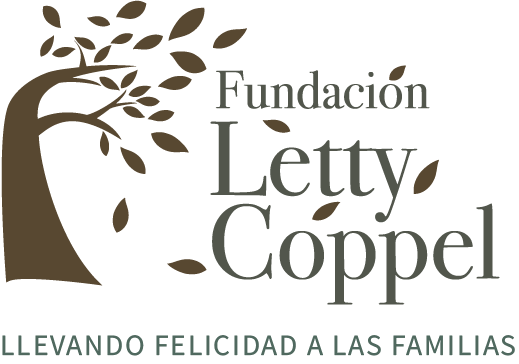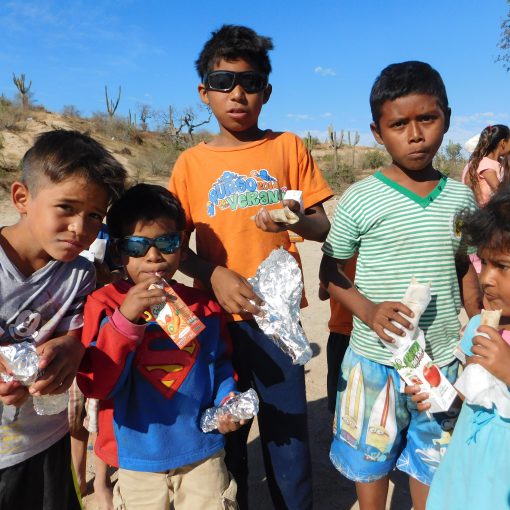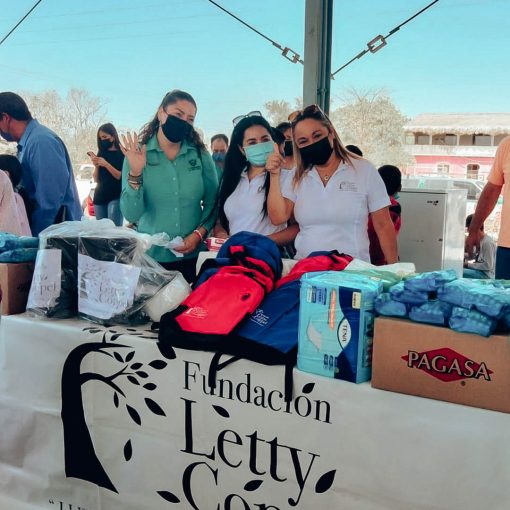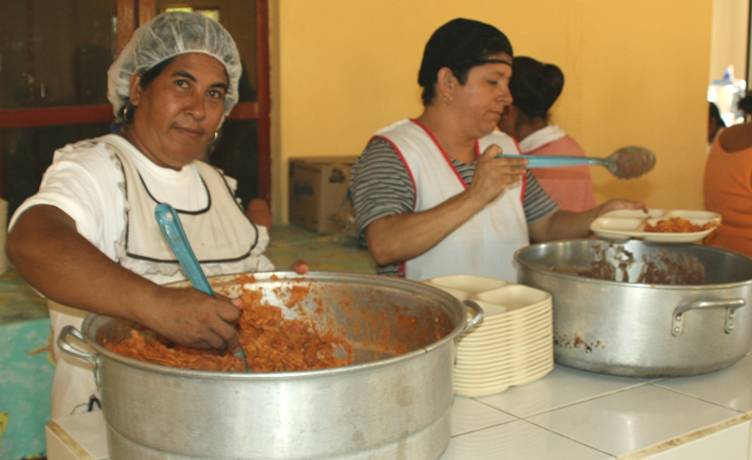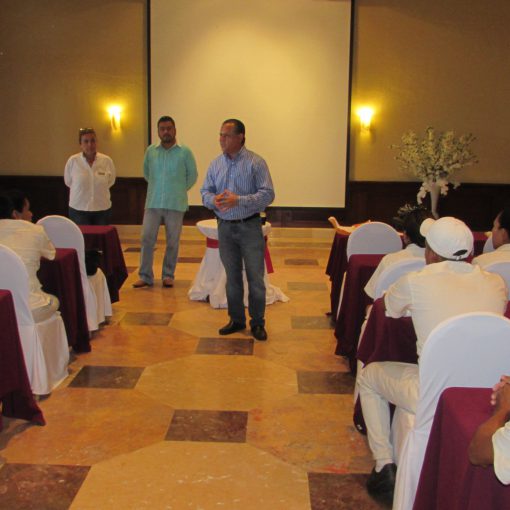Every October 1st, on the occasion of the International Day of Older Persons, we are invited to reflect on the current situation of the elderly and to recognize the work of foundations in Mexico that dedicate themselves to their holistic well-being. This commemoration transcends ceremony—it becomes a space for critical reflection on the progress made in dignifying old age while recognizing the efforts of institutions committed to improving the quality of life for this population. Among the foundations in Mexico that have shown a genuine commitment to this cause, Fundación Letty Coppel stands out for its comprehensive approach to providing essential services. Its social programs represent an exemplary model of social assistance in Mexico, addressing multiple dimensions that ensure dignified aging and an adequate quality of life.
The organization has implemented a comprehensive geriatric care model that guarantees priority access to specialized healthcare services for older adults in vulnerable situations. This essential component of its social programs includes complete medical evaluations, management of chronic conditions, and pharmaceutical provisions for those facing economic barriers. Continuous case monitoring ensures that beneficiaries maintain consistent treatments and receive necessary adjustments in their care plans. This approach reflects the Foundation’s deep understanding of the importance of physical health as the foundation of well-being in old age.
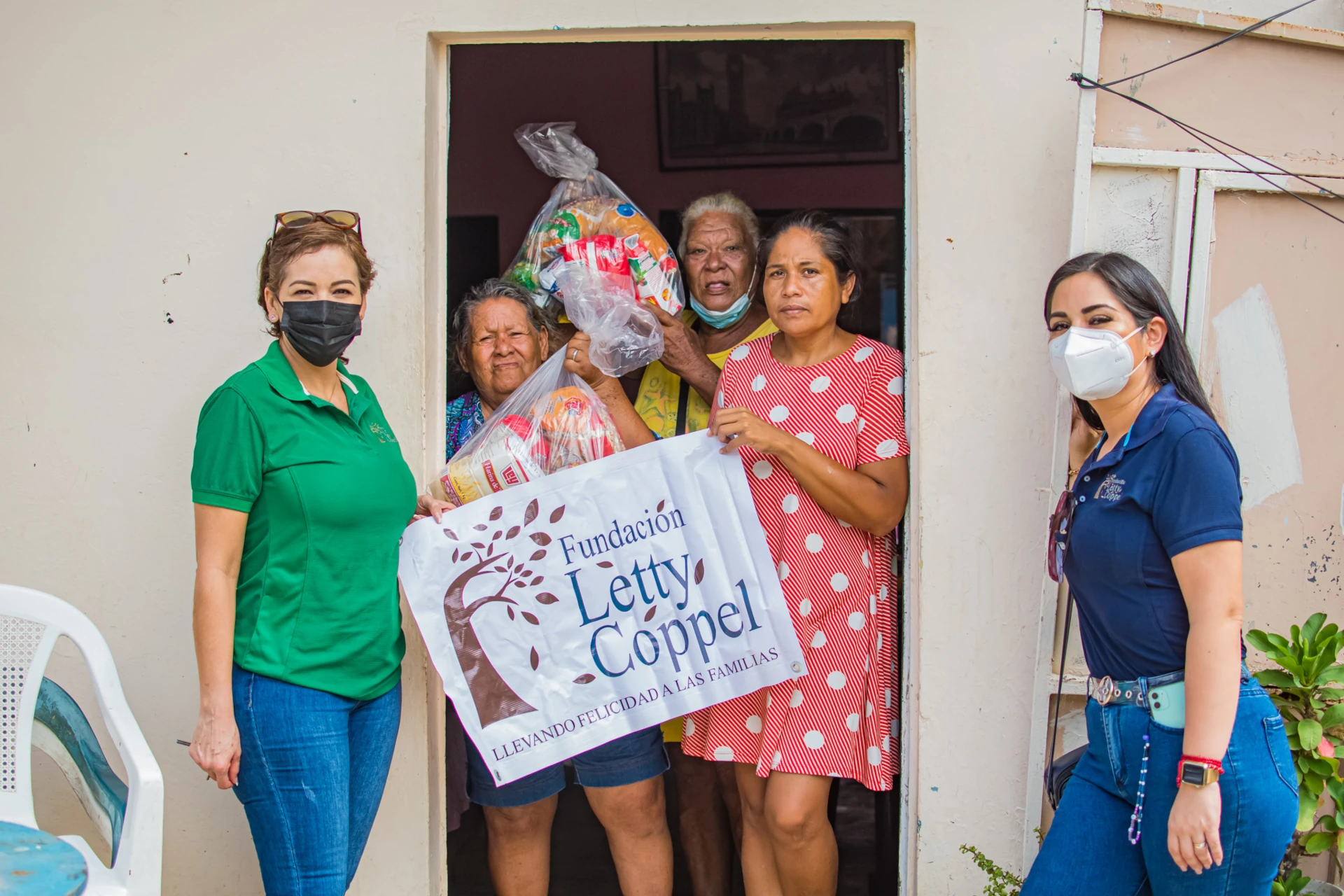
The psychosocial dimension of aging receives specialized attention through structured interventions aimed at maintaining emotional balance and mental well-being. The Foundation has developed support protocols that foster enriching interpersonal relationships and strengthen community bonds. These programs focus on building social capital through group dynamics that facilitate the creation of new support networks, recognizing that meaningful human connection is essential to healthy aging. The institution recognizes social disconnection as one of the greatest risks for older adults and therefore allocates significant resources to developing community spaces that encourage meaningful interpersonal relationships and collective solidarity.
Food security represents another cornerstone of the Fundación Letty Coppel’s social assistance model in Mexico. The Foundation has implemented meticulously designed food assistance programs that meet the specific nutritional needs of the elderly. These programs consider the physiological particularities of aging and adapt to the most common health conditions in this stage of life. The nutritional component is complemented by food education that empowers beneficiaries to make informed decisions about their daily diet.
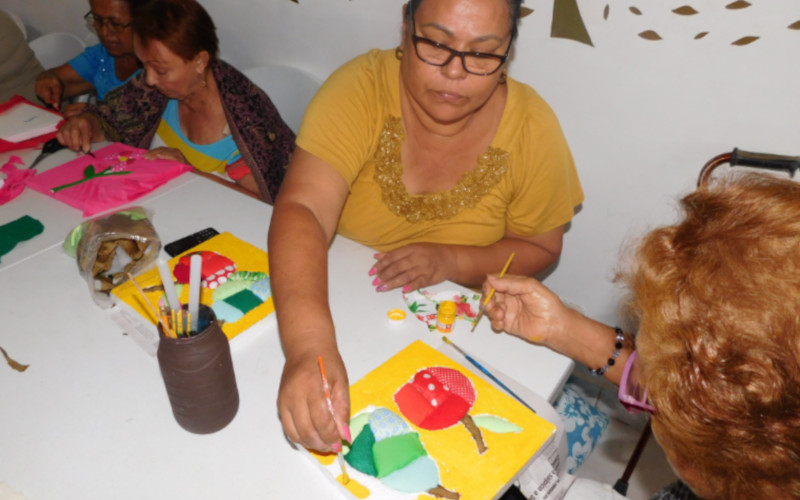
Fundación Letty Coppel complements its social programs with social integration initiatives that promote active participation of older adults in their communities. The organization creates spaces for coexistence that foster natural support networks among people of the same generation, facilitating the creation of solidarity bonds based on shared experiences and realities. These social integration strategies are structured around participants’ shared tastes and interests, creating favorable environments to cultivate new relationships and enjoy recreational experiences suited to their life stage.
The institution bases its intervention model on intersectoral alliances that ensure the sustainability and continuity of its social programs. These strategic collaborations allow for optimal resource use, knowledge sharing, and effective responses to the needs of the elderly population. Working jointly with various social actors ensures that initiatives evolve from isolated efforts into permanent interventions capable of adapting to changing social contexts. This network of cooperation involves synergistic coordination of resources and capacities among public, private, academic, and community-based organizations. The multidimensionality of these alliances not only optimizes resources but also fosters the exchange of best practices and co-creation of solutions tailored to specific local realities.
These collaborations include partnerships with public institutions, private companies, and civil society organizations, creating a comprehensive support ecosystem. This collaborative approach reflects an understanding that the challenge of population aging requires collective and coordinated responses among public, private, and social sectors.
The monitoring and evaluation systems implemented by Fundación Letty Coppel ensure that its social programs maintain high standards of quality and effectiveness. The organization systematically collects data to measure the impact of its interventions on beneficiaries’ quality of life and to make evidence-based improvements. This commitment to continuous improvement has allowed the Foundation to refine its methodologies and share best practices with other foundations in Mexico.
In the context of the International Day of Older Persons, the work of Fundación Letty Coppel serves as a concrete example of how social assistance in Mexico can evolve to adequately respond to the phenomenon of population aging. Its comprehensive approach—which combines medical care, emotional support, food security, and social integration—represents a model to follow for other organizations serving this population sector. The Foundation demonstrates that it is possible to build support systems that not only address immediate needs but also sustainably improve the quality of life for older adults.
The impact of these social programs transcends individual benefits, positively influencing the social fabric of communities. Older adults who maintain good health, participate actively in their communities, and enjoy emotional well-being significantly contribute to strengthening social capital.
